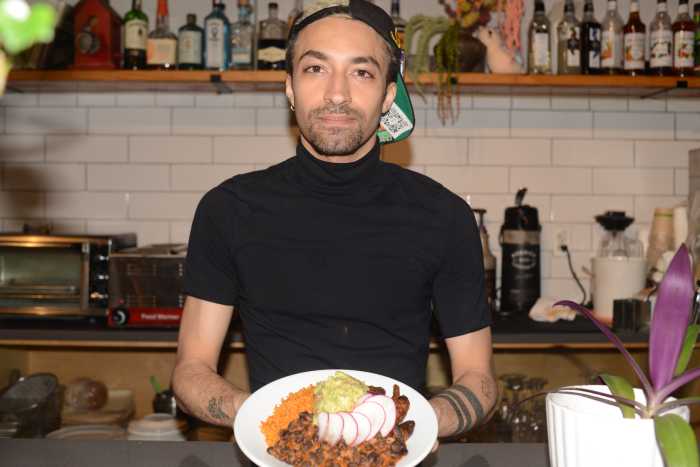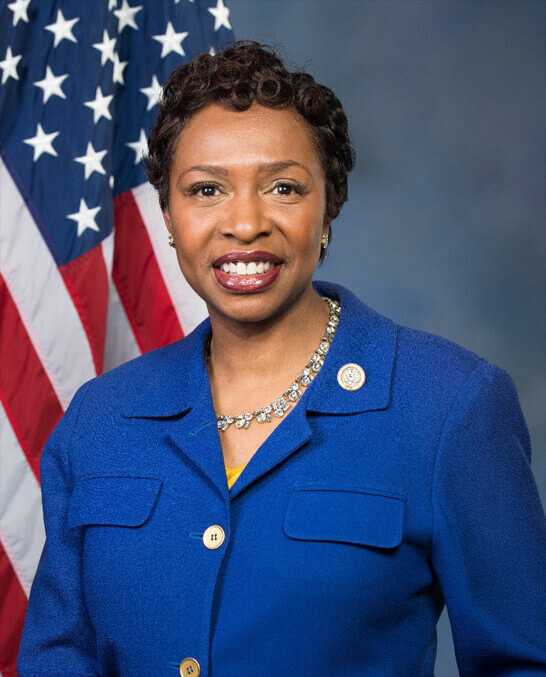Last Thursday, as Iraq burned and flared and burst into an S-O-S of body parts, the visionaries responsible for producing that bomb sat comfortably in D.C. writing the script for a post-Castro Cuba.
Condoleezza Rice and Karl Rove were there, so at first I figured the “leak” about the meeting was just a little Rovian propaganda geared toward earning Cuban-American votes for Republicans.
Then I found out the meeting capped two days of enormous games at the Fort Lauderdale Convention Center in which 520 officials from 75 different federal, state, and local agencies played the Cuban-U.S. version of Dungeons and Dragons. With us taxpayers footing the mini-bar bill.
One popular scenario had Fidel's death throwing the island into such chaos that Cuban refugees filled up detention centers from Florida to Texas, never mind the fact that power has already calmly passed into his brother Raul's hands.
Then there was the version that had the Cuban military in hand-to-hand combat in Havana against the island's pro-democracy forces, all 16 aging radicals of them, who I guess assault the troops with Metamucil instead of Molotov cocktails.
Even if there are young firebrands among Cuba's splintered dissidents, they will be too busy squabbling with each other to go after the Army, and none of them will have guns unless the U.S. brings them. Which might be the idea.
Homeland Security's Rear Admiral David W. Kunkel claimed they were only preparing for the remote chance of a mass exodus from the island. But if it were so remote, why have so many involved in the games, and why now when the U.S. is struggling to pull some kind of plan for Iraq out of its star-spangled ass?
The only answer that makes sense is that the same directors that brought us “Bombs Over Baghdad,” and the “Adventure of Hurricane Katrina,” are seriously preparing for another ball-buster of a hit, “Bay of Idiots: First Blood.”
That's America for you, a can-do optimism that knows no bounds, neither time nor space, nor history, nor common sense. If there's a will, there's a way; always look on the sunny side.
In 2007, I will lose 10 pounds on a diet of ice cream and Cheese Whiz. I will make myself smarter by watching more of the History Channel, and stronger, not by getting off the subway one stop sooner, but by wrestling with my neighbors for the last available seat.
Cubans have their own cock-eyed history of optimism. What else can you call a cultural revolution, the belief you can bulldoze a nation and start again?
It happens on a smaller scale every New Year's Eve, or it used to. That day you sweep and mop the whole house. On the stroke of midnight, you toss all the filthy water out the window and start the New Year clean. (If you happen to be in the East Village Sunday night, don't look up.)
So why not an invasion?
After all, we've had success in Cuba before. Teddy took San Juan Hill. Meyer Lansky conquered Havana with his craps tables and roulette wheels.
Blind faith can be enough. Of course, desperation is better.
Put the two together you get the black civil rights moment and Martin Luther King. You don't need optimism when you're staring into a past marked with slavery, and a present of lynchings, segregated lunch counters, and poverty.
The drag queens and bull dykes of the Stonewall riots weren't fighting for a bright future of equal rights and gay marriage, but against a present of beatings, raids, incarceration, death.
That's what's missing in Cuba. The desperate famine of the post-U.S.S.R. “Special Period” is long gone. So is the totalitarian nature of the dictatorship that spurred the Mariel boatlift.
Sure, half a million Cubans would like to leave, but will they? Half the New Yorkers I know want out, but they don't leave their island either.
I was in Cuba a couple of years ago, and if I had to use two words to describe the place it would be “depressed” and “anxious.” Forget blood in the streets, or mass migrations. Certainly, a U.S. invasion won't spur a democratic revolution.
Cubans have had their fill of trouble. They want more freedom, but won't kill to get it. The revolution is dead, and so are the revolutionaries. What Cuba has now is plenty of functionaries, mostly ones we can work with-if we want to.
Raul has officially extended his hand. Informally, women's groups in the U.S. are forming alliances with women there. Farmers are working on plans for cross-strait trade. Queers, at least Marina and I, are talking about what we can do to support our friends there.
That's a word Americans should learn in the New Year-“support”-and let Cubans write their own future acts.
Visit Kelly Sans Culotte at http://kellyatlarge.blogspot.com.





























